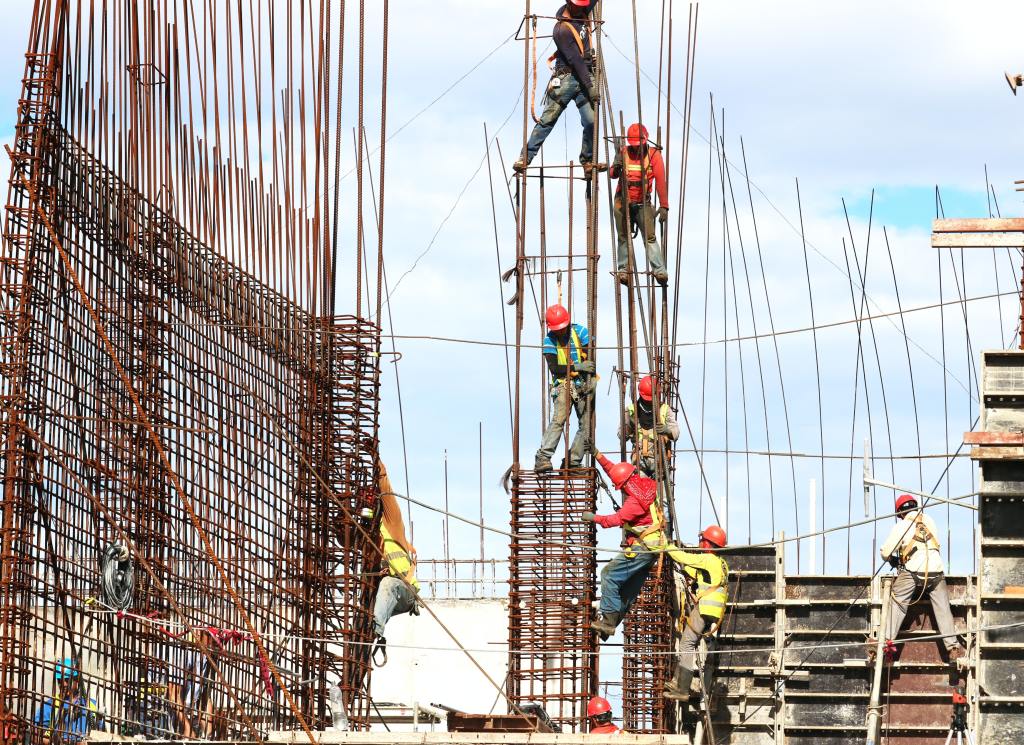Sanaa Alsarghali is Assistant Professor of Constitutional Law, An-Najah National University (s.alsarghali@najah.edu) and author of The ‘State of Emergency’ or the ‘State of Exception’: Bahrain and COVID19
In response to the covid-19 pandemic, governments across the world have had to implement emergency measures to confront the crisis. These measures have come in various forms, ranging from economic stimulus packages to establishing varying degrees of lockdown. These types of rapidly implemented measures are deemed as emergency provisions, often declared though calling a ‘state of emergency’, as they allow governments to pass regulations without going through normal legislation procedures. Whilst many of these measures are appropriate, and indeed effective, in managing the spreads of the virus, the increasing frequency of emergency power use has caused discomfort in some quarters that fear constitutional norms and democratic principles could become subverted if emergency power use becomes normalised. At its most extreme, the use of emergency powers by governments become perpetuated indefinitely, a condition of governance that has been termed as a ‘state of exception’ in which the citizenship is unaware of this prolonged state of emergency and normalisation of emergency powers.
Continue reading


